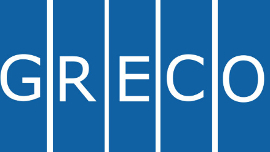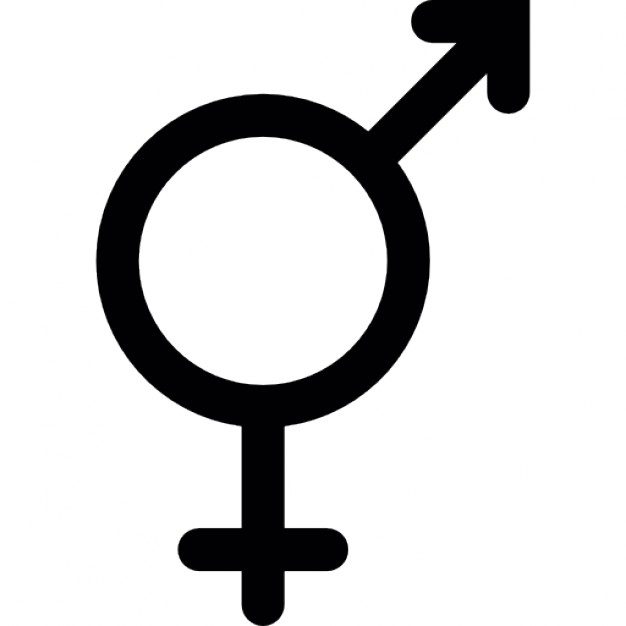In a report published today, the Council of Europe’s Group of States against Corruption (GRECO) assesses the Irish system for ensuring integrity and preventing corruption and misconduct among members of parliament, judges and prosecutors.
GRECO notes that there is growing concern about corruption in Ireland, not least as a result of the enquiry and findings of the 2012 “Mahon Tribunal”.
While the legislative process in the Irish Parliament is praised for being very transparent and providing for broad public access, GRECO criticises the normative framework concerning the conduct of parliamentarians, which is currently governed by a wide range of standards in the Constitution, legislation and ethical codes, for being too complex and for containing rules and norms that are not mutually compatible. GRECO highlights the need to establish a new consolidated normative framework, which includes more stringent rules on conflicts of interest (accepting gifts, lobbying etc), to enhance the regime of asset declarations and to establish a uniform system for monitoring MPs’ adherence to ethical standards by a mechanism that is sufficiently independent from Parliament and its Members.
GRECO also notes that the Judiciary and the Prosecution Service are among the most trusted institutions in Ireland and that the independence and professionalism of judges is undisputed. That said, maintaining a high degree of integrity and professionalism in the judiciary needs to be further supported, not least in the light of the recent amendment of judges’ constitutional safeguards owing to the financial crisis in Ireland. There is an immediate need to establish a judicial council, which has long been an issue in Ireland, to enhance the procedures for appointing the best candidates to become judges, to establish an ethical code for judges as well as to institutionalise judicial training as important steps towards maintaining judicial integrity in the future. GRECO urges the Prosecution Service to enhance its means for handling complaints against prosecutors.
The implementation of the 11 recommendations addressed to Ireland will be assessed by GRECO in the first half of 2016 through its compliance procedure.
____________
The Group of States against Corruption (GRECO) is a Council of Europe body that aims to improve the capacity of its members to fight corruption by monitoring their compliance with anti-corruption standards. It helps states to identify deficiencies in national anti-corruption policies, prompting the necessary legislative, institutional and practical reforms. Currently it comprises 48 European states and the United States of America.







